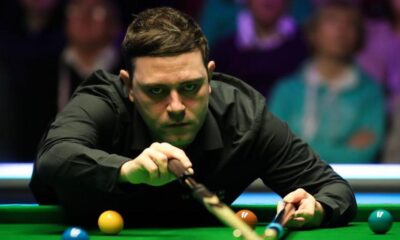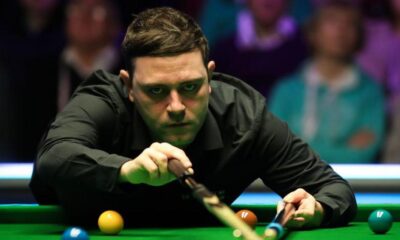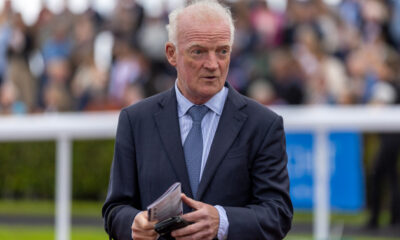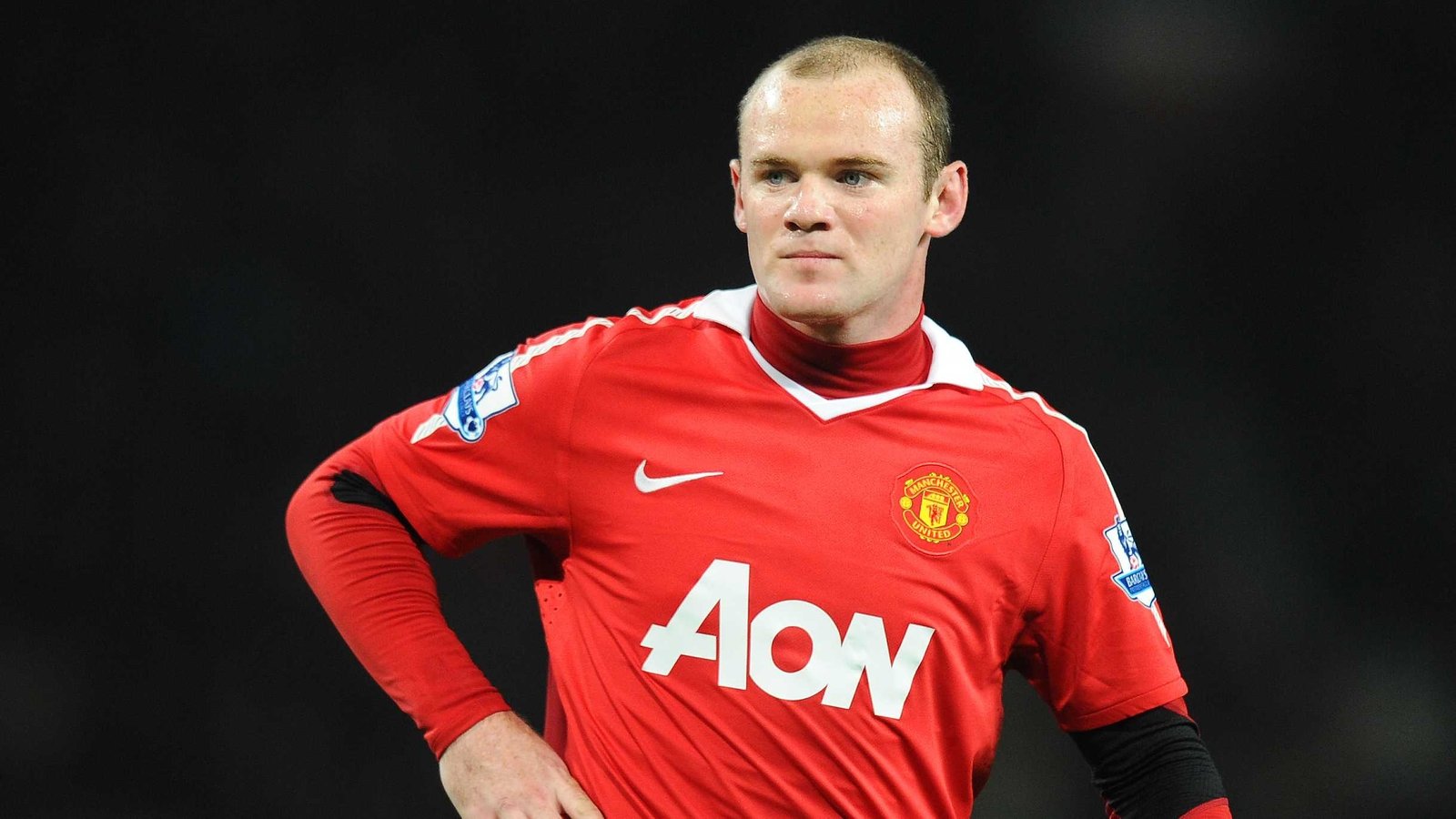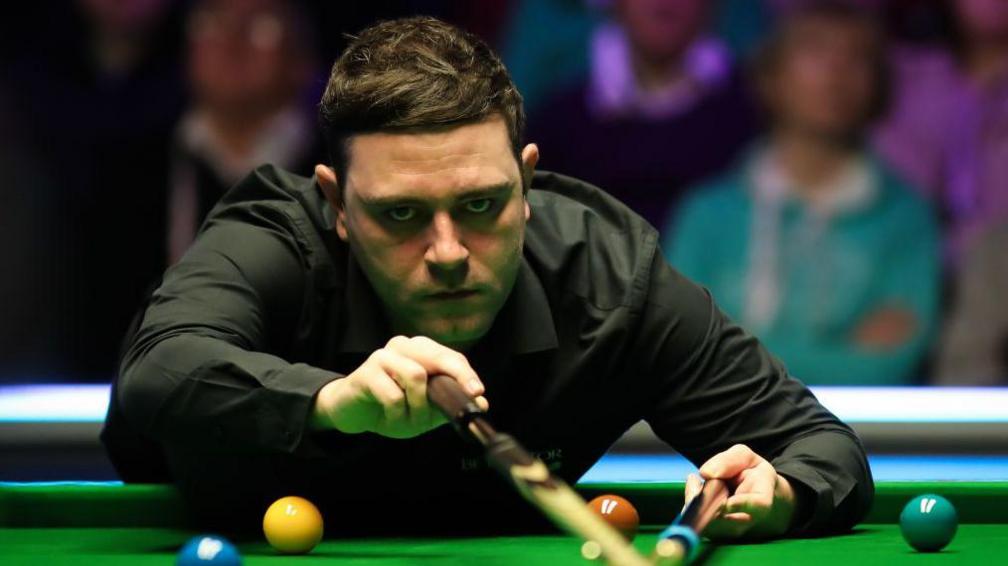THERE WERE PLENTY of interesting nuggets from Clayton McMillan’s first big media briefing as Munster’s new head coach two weeks ago.
One standout was the New Zealander’s take on the highs and lows Munster’s performance levels tend to hit across a season.
“It’s about not necessarily judging ourselves on the days when we’re at our best. It’s about judging ourselves when we’re at our worst,” McMillan said. “It’s trying to achieve that with a good rugby team, where your best day at the office is a 9.5 and a poor one is a 7, not a 4 or a 5.”
Those 4s and 5s have too often left Munster fighting their way out of sticky territory. Think back to the slow start before Graham Rowntree departed the province six games into last year’s URC campaign, including an awful defeat away to Zebre in round two. There was Edinburgh’s rare away win in Cork last February and a frustrating defeat away to Cardiff in April. All in, Munster won just nine of their 18 regular season URC games as they scraped into the playoffs, with a lack of clinical edge in the 22 a common frustration.
That return doesn’t sit right with Munster’s potential on their best days, the most memorable of which last year came in a thrilling Champions Cup win away at La Rochelle. And even with all the disruption that came their way in 2024/25, Munster made it to the Champions Cup quarter-finals and were a penalty shootout away from reaching the URC semi-finals.
So, how does McMillan shape his Munster into a more consistent force?
For a start, he’ll hope to avoid the horrid run of injuries which plagued the province under Rowntree. Across the busy Christmas period last season, Munster had Peter O’Mahony, Craig Casey, Jean Kleyn, Thaakir Abrahams, Conor Murray, Alex Nankivell, Diarmuid Barron and Jeremy Loughman keeping the physios busy. The province do not have the depth to deal with so many losses.
There has been a focus on adding more grit to Munster’s contact work and as is standard during the early days under most new coaches, training has been tweaked, with some of the pre-season fitness work taking a more old school approach, including hill runs, swimming, rowing and even a spot of boxing. This has been overseen by Brad Mayo, who McMillan brought in as head of athletic performance, alongside new team manager Martyn Vercoe.
Yet interestingly for a new head coach, McMillan’s assistants – Denis Leamy, Mike Prendergast, Mossy Lawler and Alex Codling – all survive, having agreed new contracts before McMillan’s appointment was confirmed. That keeps a core of Munster men in the building to share their views alongside McMillan’s new ideas. It’s a notable boost to now have Codling on board as forwards coach full time, having split those commitments alongside his role with the Ireland women’s team last year – Munster’s lineout memorably fell apart when he wasn’t available to travel for the Champions Cup quarter-final loss to Bordeaux.
If Munster’s lineout finds more consistency and McMillan’s adds the tougher edge he wants to see from his players, the province will improve on their mixed return last year. And if you watched McMillan’s Chiefs teams, you won’t be surprised to see Munster spend plenty of time kicking the ball this season.
McMillan will bring a new feel to things around Munster, as will the absence of so many long-serving Munster men, with Peter O’Mahony, Stephen Archer, Conor Murray and Dave Kilcoyne all hanging up the boots over the summer. With a wealth of leadership and experience walking out the door, it puts an extra onus on others to step up. Tadhg Beirne is clearly growing into the captaincy role and Craig Casey, who captained Ireland over the summer, has been highlighted as an important voice in the squad by McMillan.
There’s also a massive opportunity for players like Tom Ahern, John Hodnett and Alex Kendellen to try make this team their own.
As ever, Munster will be targeting a deep run in the URC and hope to make a dent in the Champions Cup knockouts. Yet having flirted with missing out on Champions Cup qualification last season, being in the mix come the business end is no guarantee.
Squad depth could be an issue, with scrum-half and tighthead potentially light, and it wouldn’t be a surprise if McMillan adds more new faces over the next few weeks.
Some areas have already been strengthened. Lee Barron and Michael Milne were both positive recruits late last year, as was Connacht’s Andrew Smith, while former Ireland U20 international Dan Kelly is a quality signing at centre. Out-half JJ Hanrahan returns for a third spell at Thomond Park and is an experienced support to Jack Crowley, who has come through the most challenging 12 months of his career so far. The highly-rated Edwin Edogbo will also feel like a new signing after overcoming two Achilles injuries.
Munster have a decent start on paper, kicking-off away to Scarlets this weekend before home games against Cardiff and Edinburgh leading into a round four meeting with Leinster at Croke Park, the first real acid test of where McMillan’s Munster stand.
McMillan’s ideas might take some time to fully embed, but building some early-season momentum certainly looks achievable before Munster have to think about the games that will define their campaign. As is always the case at Thomond Park, it will be fascinating to watch how it all plays out.




